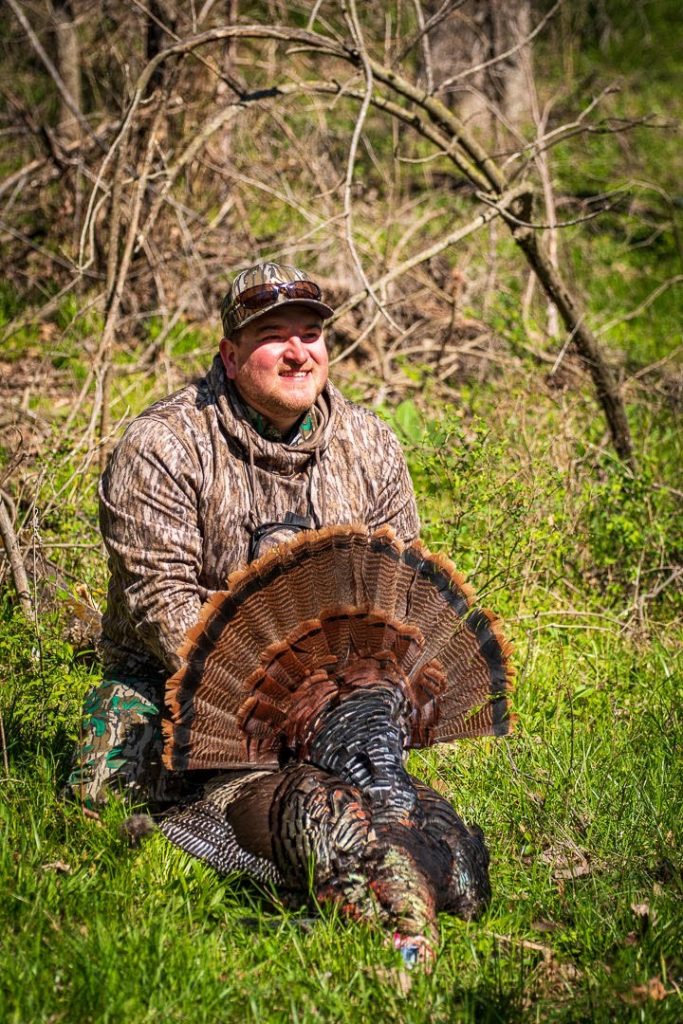Hunting Pressured Turkeys in May
As the gobbles broke into the chorus of warblers and songbirds on a May morning, anticipation skyrocketed between my grandpa and me. After some aggressive cutting and yelping, one of the three gobblers we saw was down. The next day the remaining two were roosted in the same spot. After they gobbled, I called, they yelped twice, and then they never made another peep.
Did the calling spook them? Were they associating the calling with danger?
Not so, says turkey hunting legend Ray Eye.
A legendary hunter and competition caller, Eye has won multiple calling contests, including the 1980 GNCC Owl championship. Other competition accomplishments include: more than 100 state, national and regional turkey calling wins and places, including the National Turkey Calling title, Yellville, Arkansas; the Levi Garrett All-American Open championship; the fourth runner-up in the 1982 Grand National Seniors Division; and a top-five finish at the World Turkey Calling Championship. A conservation communications giant, Eye has spent nearly 40 years educating hunters on outdoor radio shows.
In short, Eye knows a thing or two about calling to some pressured birds.
Eye is adamant calling never spooks a turkey; rather, human activity does.
“It’s just a sound in the woods, and turkeys make those sounds every day,” the legend said. “People still believe in call-shy turkeys, but I have seen over the years it’s the human activity.”
Eye believes hunters think turkeys are call shy when in reality they are pushing away birds with their carelessness.
“A certain holler I always hunted had lots of gobbling turkeys,” Eye reminisced. “Then hordes of people started hunting it and you didn’t hear any birds. All the hunters would say they were call shy when in fact they were gone due to the activity.”
Turkeys will temporarily move their home range when they get a lot of pressure, according to Eye. When this happens, he suggests giving the spot time to calm down, and then strike.
“I will go to the exact spot I’ve heard and seen turkeys instead of trying to locate one and set up,” he stated.
Eye suggests getting to the spot and start by calling softly and then quickly ramping up the aggressiveness to open the woods up.
“One time in Arkansas, a guy would only cluck, purr and scratch the leaves because he said they were call shy,” Eye said. “Well, I started cutting and yelping hard, and minutes later we had a dead gobbler.”

What calls should you focus on for pressured birds in May? Eye likes to use gobbler calls as they start to regroup late in the month.
“I use more gobbler calls than anything else later in May,” he said. “It depends on the turkeys you’re hunting, but I’ve always had better results with gobbler yelps than hen calls in late season.”
Pressured birds can seem call shy, but as Eye suggests, don’t be careless with over pressuring an area with activity. Be stealth, and don’t let those gobblers know.
